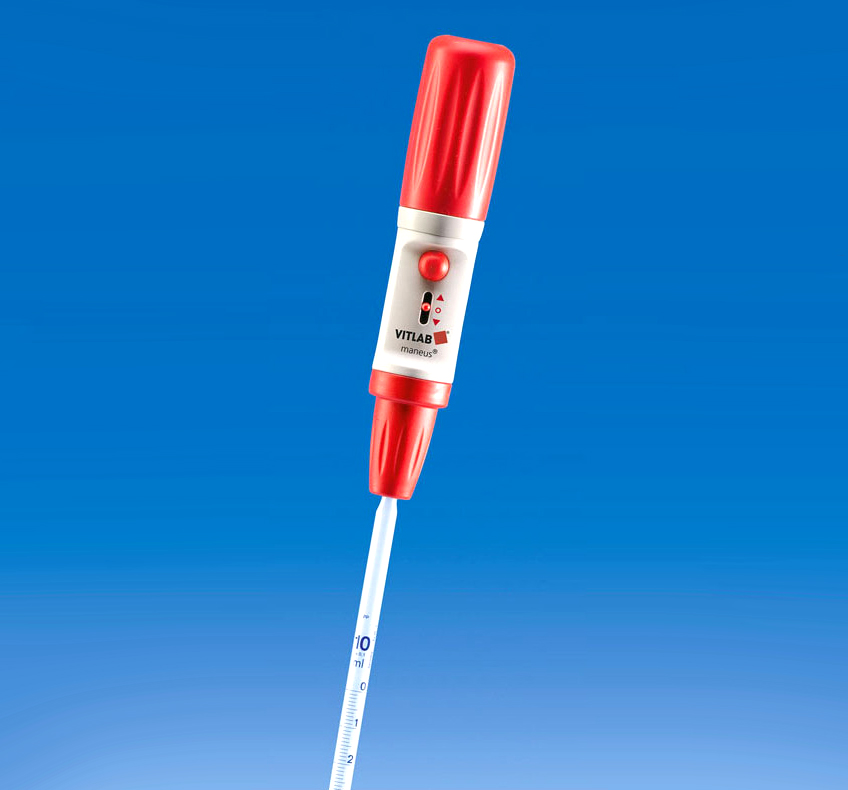

Whilst females of many species can bias paternity before copulation through the active choice of some males over others, females of other species bias paternity through the differential utilisation of sperm from some males over others.
A second proposed mechanism for an indirect benefit of polyandry is that it allows mate choice to occur post-copulation.

Instigating sperm competition can carry two benefits: good sperm may produce fitter offspring (the ‘good sperm-good genes’ hypothesis) or may produce sons that also have more competitive sperm themselves. First, by mating multiply, females create a competitive arena whereby sperm from a range of males compete for the fertilisation of eggs. Indirect, or genetic benefits of polyandry are thought to be driven by multiple, though non-mutually exclusive, mechanisms. While females in some species gain direct benefits from polyandry in the form of nuptial gifts, territorial defence, or parental care, in many other species, the benefits of polyandry are thought to be indirect. Females typically mate with more than one male in a reproductive cycle and in a wide range of organisms, females that have mated with multiple males enjoy higher reproductive success and/or produce higher quality young.


 0 kommentar(er)
0 kommentar(er)
